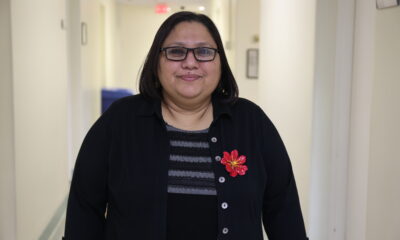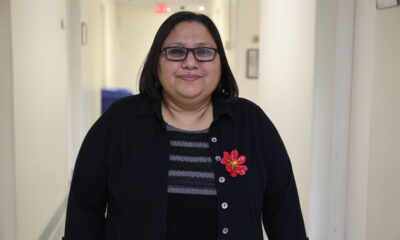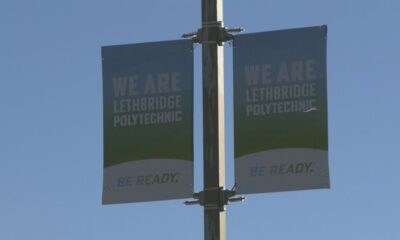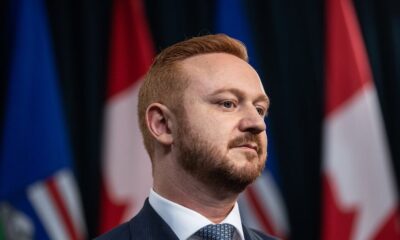Top Stories
Canada Faces Urgent Backlash Over Residential Schools Truth
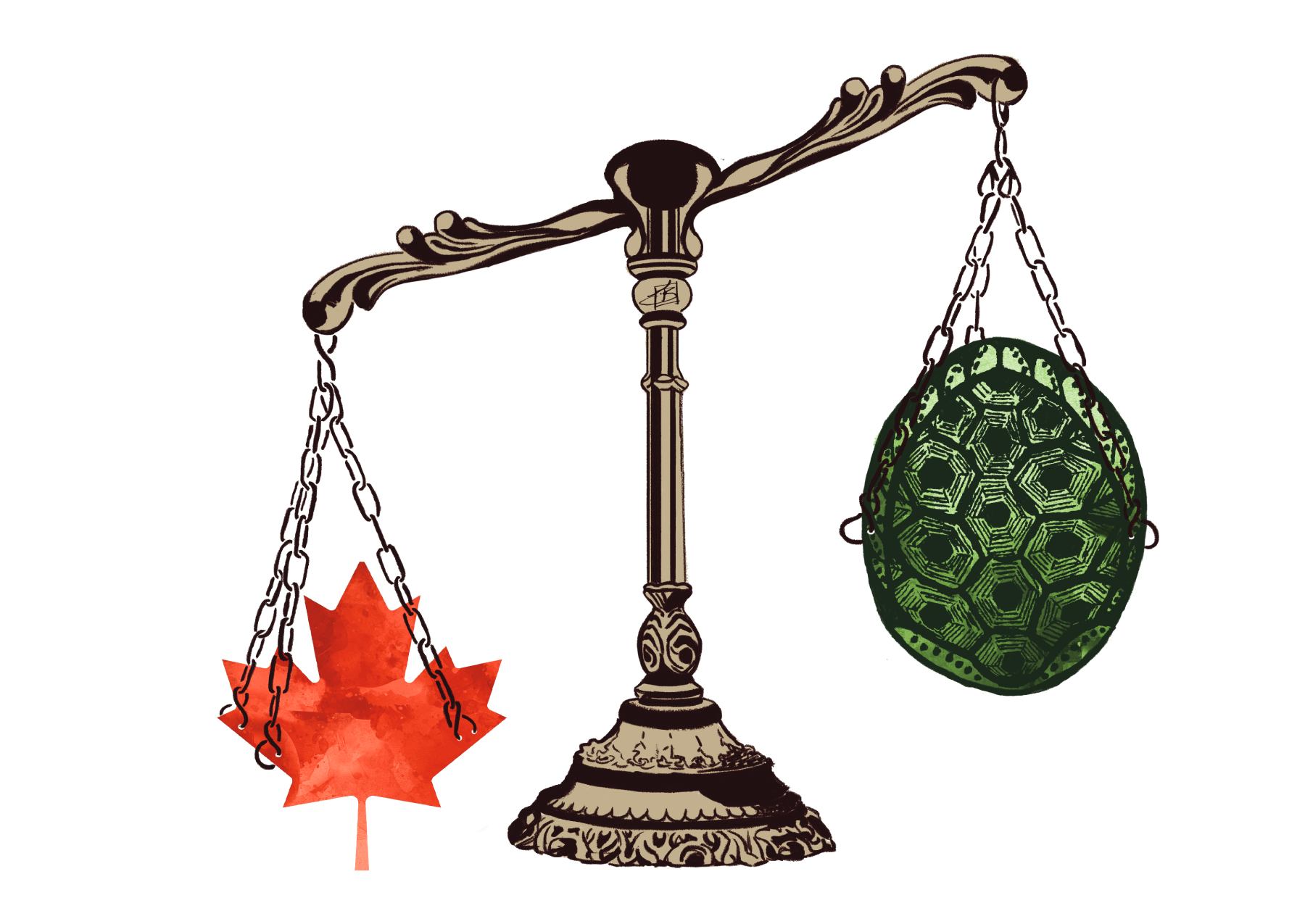
UPDATE: Canada is facing intense scrutiny as only 14 out of 94 Calls to Action from the Truth and Reconciliation Commission (TRC) have been implemented since the final report was submitted in December 2015. This alarming lack of progress has reignited discussions about the country’s historical treatment of Indigenous peoples and the urgent need for reconciliation.
For over six years, the TRC gathered testimonies from more than 6,500 survivors of Canada’s residential school system. These courageous individuals shared their harrowing experiences, hoping for acknowledgment and change. Yet, nearly a decade later, the government’s inaction has left many feeling abandoned and unheard.
The TRC’s final report highlighted systemic issues and called for comprehensive reforms to address the injustices faced by Indigenous communities. However, the failure to implement Call to Action 55, which mandates annual reports on reconciliation progress, exemplifies the government’s disregard for these vital recommendations. As of now, no such reports have been produced.
This stagnation is fostering an environment where denialism is gaining traction. Many Canadians are rejecting the reality of genocide against Indigenous peoples, bolstered by the government’s failure to act on the TRC’s recommendations. The continued denial of these truths is not just a historical oversight; it is an act of violence against those who have suffered.
The emotional weight of this situation cannot be overstated. Survivors of the residential school system, who have already endured unimaginable trauma, are now confronted with a society that refuses to fully embrace their experiences. The words of Bishop Vital-Justin Grandin, who advocated for the forced assimilation of Indigenous children, echo through history, serving as a stark reminder of the systemic oppression that persists.
As the public grapples with these painful truths, institutions across Canada—including schools, courts, and government bodies—are urged to take meaningful action. The TRC’s calls for reconciliation are not mere suggestions; they are essential steps toward healing and justice for Indigenous communities.
The lack of progress has sparked outrage among activists and Indigenous leaders, who emphasize that without truth, there can be no reconciliation. The Canadian government must confront its past and acknowledge the harm caused to Indigenous peoples, or it risks perpetuating cycles of denial and violence.
WHAT’S NEXT: As the anniversary of the TRC report approaches, pressure mounts on the government to take decisive action. Calls for accountability and transparency are growing louder, with many demanding a clear timeline for implementing the remaining Calls to Action.
This situation remains fluid, and further developments are expected. As Canadians reflect on their history and the ongoing impact of residential schools, the need for collective action and acknowledgment has never been more urgent. The future of reconciliation hangs in the balance, and it is imperative for all Canadians to engage with this critical issue.
Stay tuned for updates as this story unfolds. The time for change is now.
-

 Politics4 weeks ago
Politics4 weeks agoSecwepemc First Nation Seeks Aboriginal Title Over Kamloops Area
-

 World5 months ago
World5 months agoScientists Unearth Ancient Antarctic Ice to Unlock Climate Secrets
-

 Entertainment5 months ago
Entertainment5 months agoTrump and McCormick to Announce $70 Billion Energy Investments
-

 Science5 months ago
Science5 months agoFour Astronauts Return to Earth After International Space Station Mission
-

 Lifestyle5 months ago
Lifestyle5 months agoTransLink Launches Food Truck Program to Boost Revenue in Vancouver
-

 Technology3 months ago
Technology3 months agoApple Notes Enhances Functionality with Markdown Support in macOS 26
-

 Lifestyle3 months ago
Lifestyle3 months agoManitoba’s Burger Champion Shines Again Amid Dining Innovations
-

 Top Stories2 months ago
Top Stories2 months agoUrgent Update: Fatal Crash on Highway 99 Claims Life of Pitt Meadows Man
-

 Politics4 months ago
Politics4 months agoUkrainian Tennis Star Elina Svitolina Faces Death Threats Online
-

 Sports5 months ago
Sports5 months agoSearch Underway for Missing Hunter Amid Hokkaido Bear Emergency
-

 Politics5 months ago
Politics5 months agoCarney Engages First Nations Leaders at Development Law Summit
-

 Technology5 months ago
Technology5 months agoFrosthaven Launches Early Access on July 31, 2025

